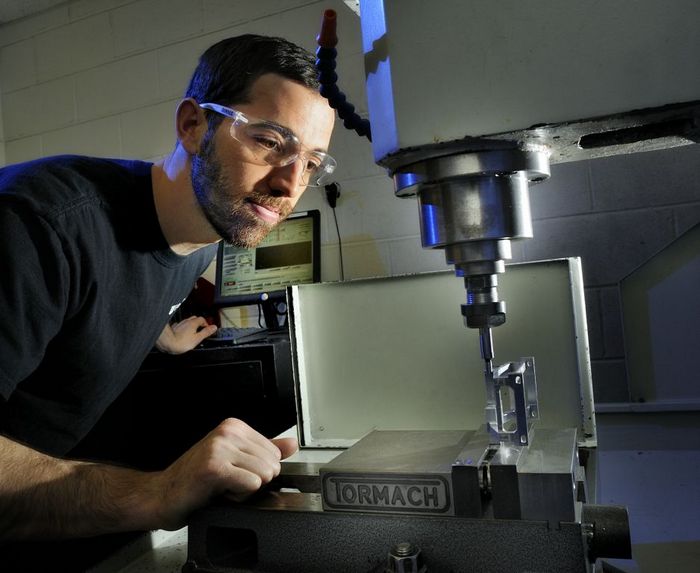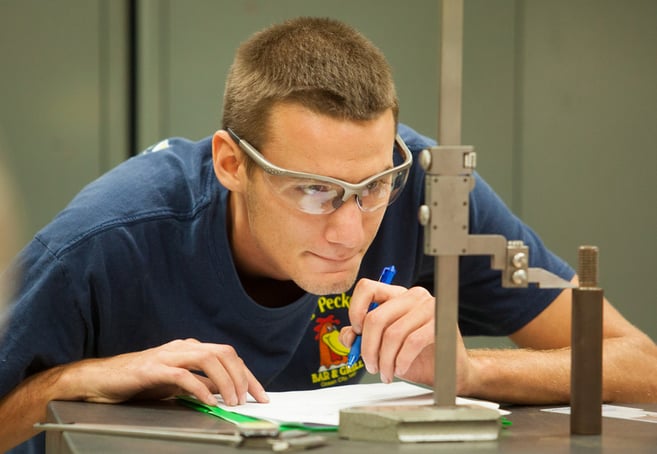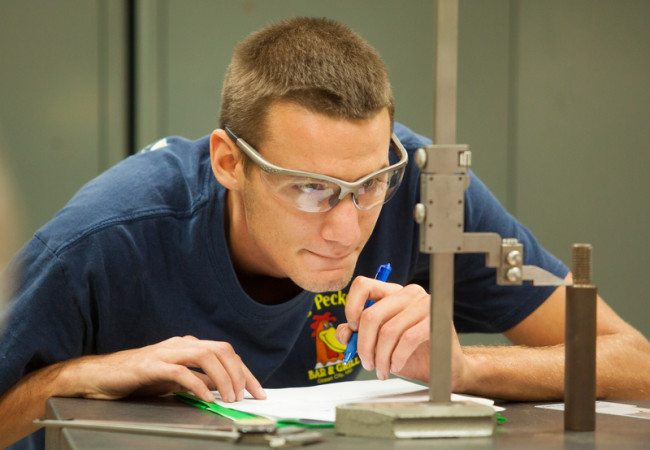
The first CNC milling machine was developed in 1957, and the concept of modern CNC really hasn’t changed since. Yet, the worlds surrounding CNC – fabrication, engineering, product development, manufacturing, Et al. – have changed dramatically.
Understandably, when CNC was first developed, it was only operated by a team of highly specialized scientists and engineers. Today, we see CNC (or many offshoots of) being developed and used everywhere from high-end manufacturing environments to at-home shops and even elementary school classrooms.
As the world of technology has changed, so have the roles of those who operate these machines.
In the past, due to this specialization, it was common to find a job as either a white collar worker or a blue collar worker, but today those lines have been blurred significantly. As technology progresses, it has become almost essential for individuals (especially the world of CNC) to be multidisciplinary, smudging the lines between machine operators, engineers, technicians, and (even) marketers.

Now more than ever, employers and entrepreneurs are recognizing the importance of a layered STEM education. Having employees that can have educated opinions about various operations within a company can bring overarching value to both the consumer of the product, as well as the longevity of the company.
That’s why President Obama, last week, announced his plan to give all students the chance to learn computer science in school.
Technology is embedded in almost everything we do, but more importantly, understanding technology is becoming pinnacle to success.
That’s why Tormach has continued to strive toward making CNC technologies accessible and easier to understand. There are hundreds of high school campuses that house Tormach machines, and even more colleges and tech schools. Like 3D printing companies have insinuated since their booming growth a few years ago, lowering the barrier of entry to fabrication opens up the ability to invention. Making CNC machine tools accessible, provides an opportunity to truly make anything.


